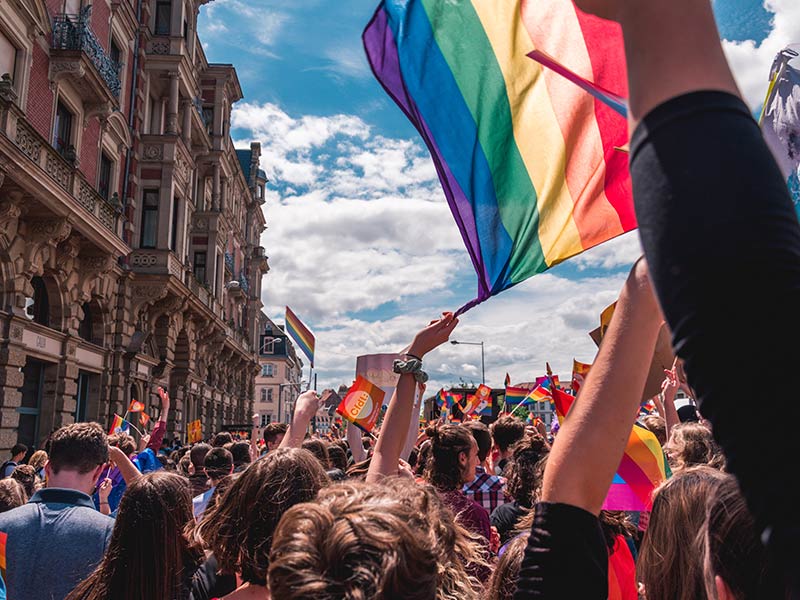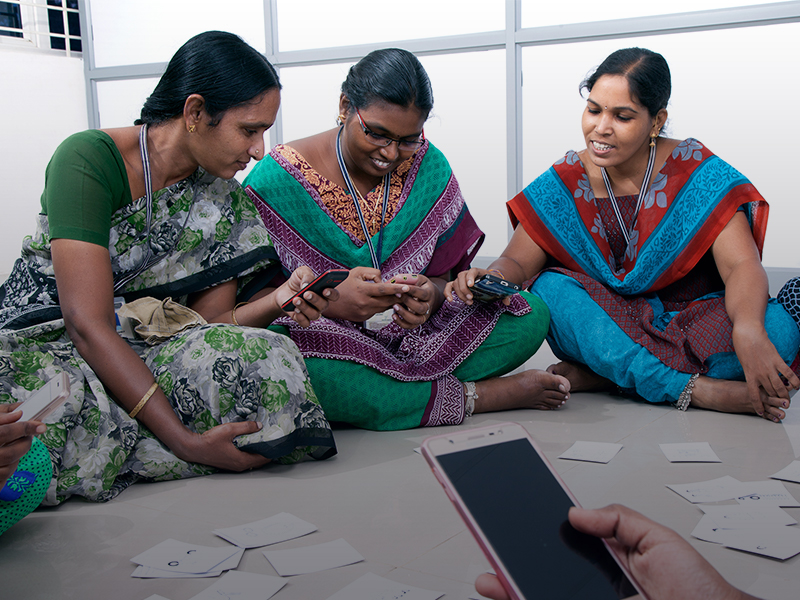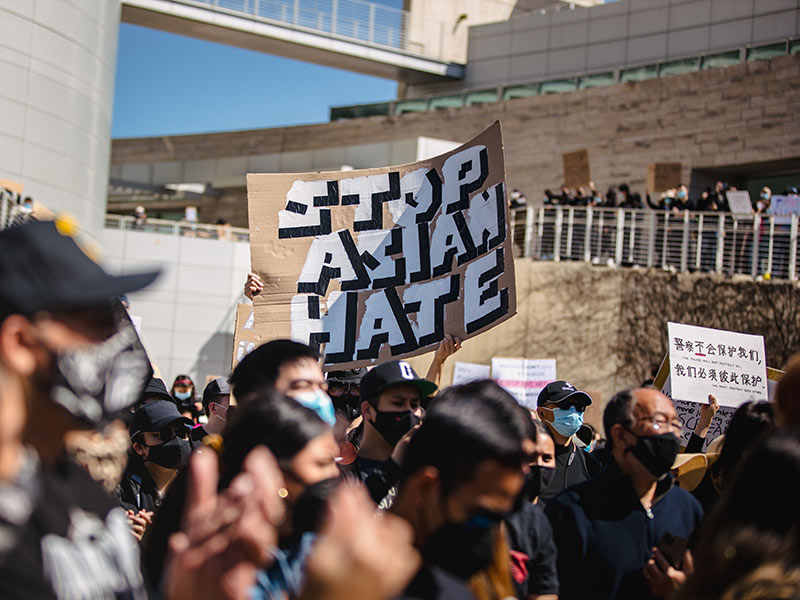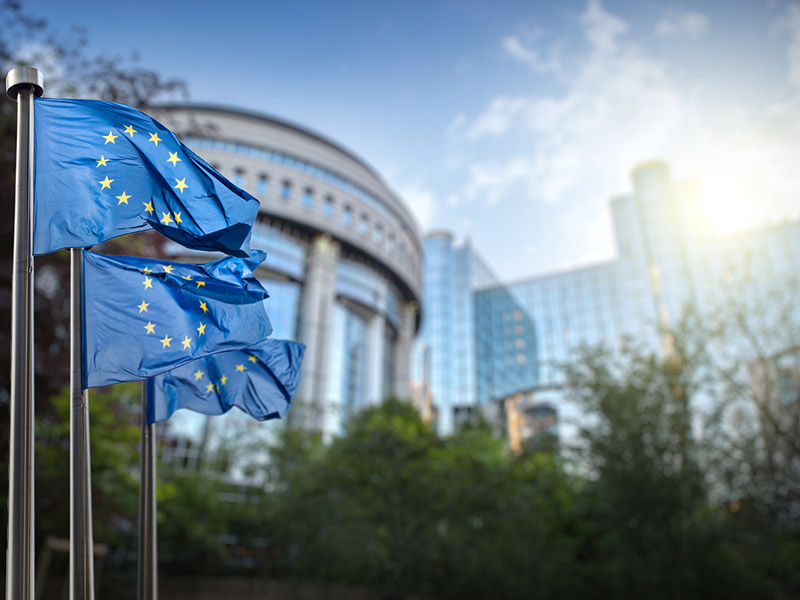
Human Rights | Inclusive Business
LGBTI Inclusion in Action: Q&A with Dominic Cole-Morgan of Scotiabank
Business can help advance LGBTI equality and create more inclusive and equitable workplaces. This includes Scotiabank, which recently announced a significant expansion of gender affirmation benefits for employees and their families. To kick off Pride Month, we connected with Dominic Cole-Morgan, Senior Vice President, Total Rewards, Global Human Resources at Scotiabank to discuss the recent announcement and Scotiabank's broad commitment to human rights.

Inside Bsr
Inside BSR: Q&A with Salah Husseini
This month's Inside BSR features Salah Husseini, an Associate Director based in our NYC office, and discusses his sustainability journey as well as his work on human rights.

Climate And Nature | Esg | Sustainability Management
China’s 14th Five-Year Plan: Broad Insights for Investors
What does China's 14th Five-Year Plan mean for investors? We discuss five ways investors can seek opportunities.

Climate And Nature | Gender
Gender Equity in the Just Transition and the Shift to Green Jobs
As the energy transition becomes a reality, it is essential to build a shared understanding of what a sustainable, green workforce looks like and how women and men can benefit equally from this transition.

Climate And Nature | Esg | Human Rights | Inclusive Business | Supply Chain | Sustainability Management
Modernizing the Social Contract in 2021: Five Developments for Business to Consider
COVID-19 has shown—in a tragic way—how interconnected the world is. All the events of the past year and a half have also reinforced and deepened the urgent need to redefine the social contract and the key role business must play in that effort.

Gender
Women’s Digital Inclusion: The Risks of Going Too Fast and Not Fast Enough
Sonia Jorge of Alliance for Affordable Internet and Mariana Lopez of the GSMA Connected Women Programme share insights for stakeholders working to bridge the digital gender divide.

Human Rights | Inclusive Business
Beyond #StopAsianHate: Building an AAPI-Inclusive Workplace Culture
As the U.S. celebrates AAPI Heritage Month this May, there is an opportunity for business leaders to learn more about the AAPI experience and help to build a more just, sustainable, and inclusive world—beginning in the workplace.

Companies Can and Should Act to Prevent Gun Violence

Climate And Nature | Inside Bsr
Inside BSR: Q&A with Melissa Do
This month's Inside BSR features Melissa Do, an Associate based in our San Francisco office, and discusses her sustainability journey as well as her work on climate change.

Climate And Nature
China’s Climate Goals, The 14th Five-Year Plan, and the Impact on Sustainable Business
How will China's 14th Five-Year Plan steer the country's development for the next five years, and what do its environmental and climate considerations mean for business?

Climate And Nature
Leaders Summit on Climate: Forward Progress to the Net Zero Economies We Need
For the first time since the Paris Agreement, the Leaders Summit on Climate kicked off a new round of stronger targets from major emitters. Here's what this means for business.

Gender | Human Rights
Joining the UN Generation Equality Forum is Smart Business
The Generation Equality Forum (GEF) offers a once-in-a-generation opportunity to come together to build an ambitious agenda to empower women and girls. BSR member PayPal discusses its role as a Generation Equality Forum Action Coalition Lead and what motivated it to take part in the Forum.

Human Rights
Science: A Human Right for Our Times
Science is significant to the role of business in enabling the realization of human rights. Today, BSR is releasing a new primer on the right to science and the role of companies.

Climate And Nature | Financial Services | Sustainability Management
Six Things Business Should Know About the EU Taxonomy
Companies based in, doing business with, and with investors in the EU will need to pay attention to the EU Taxonomy and its impact on investments.